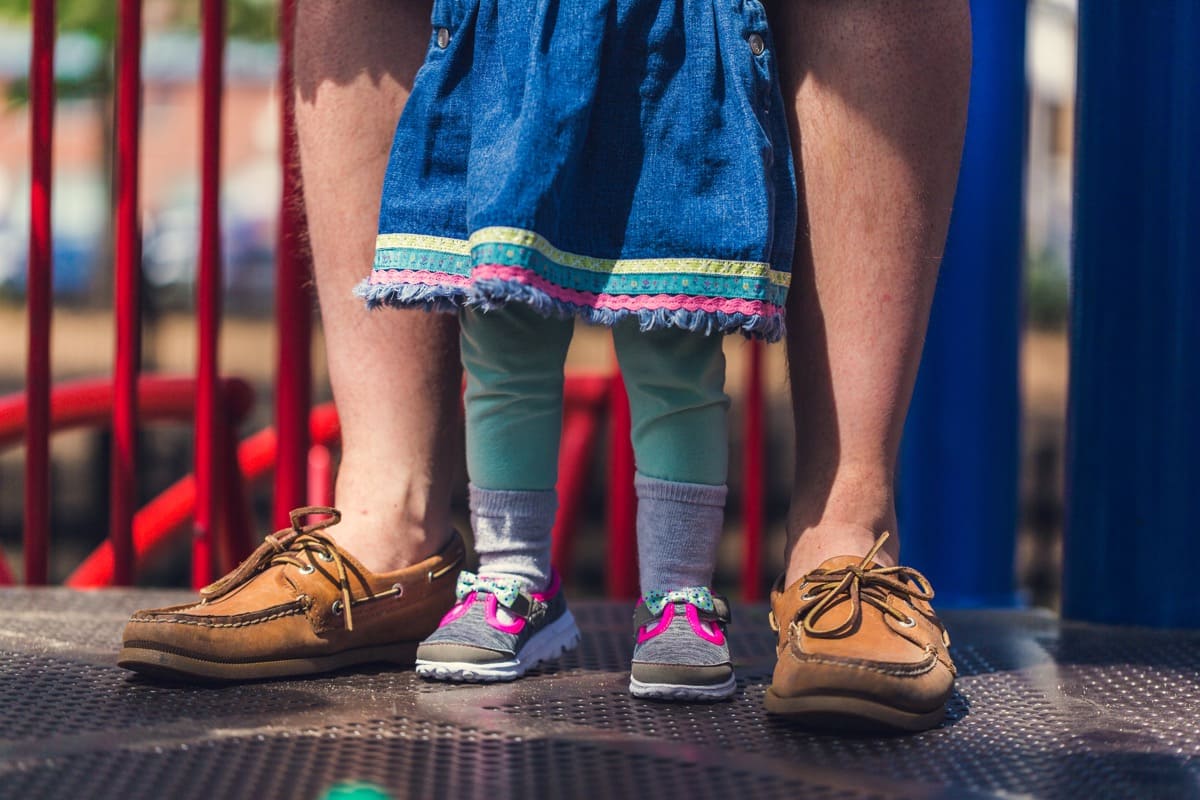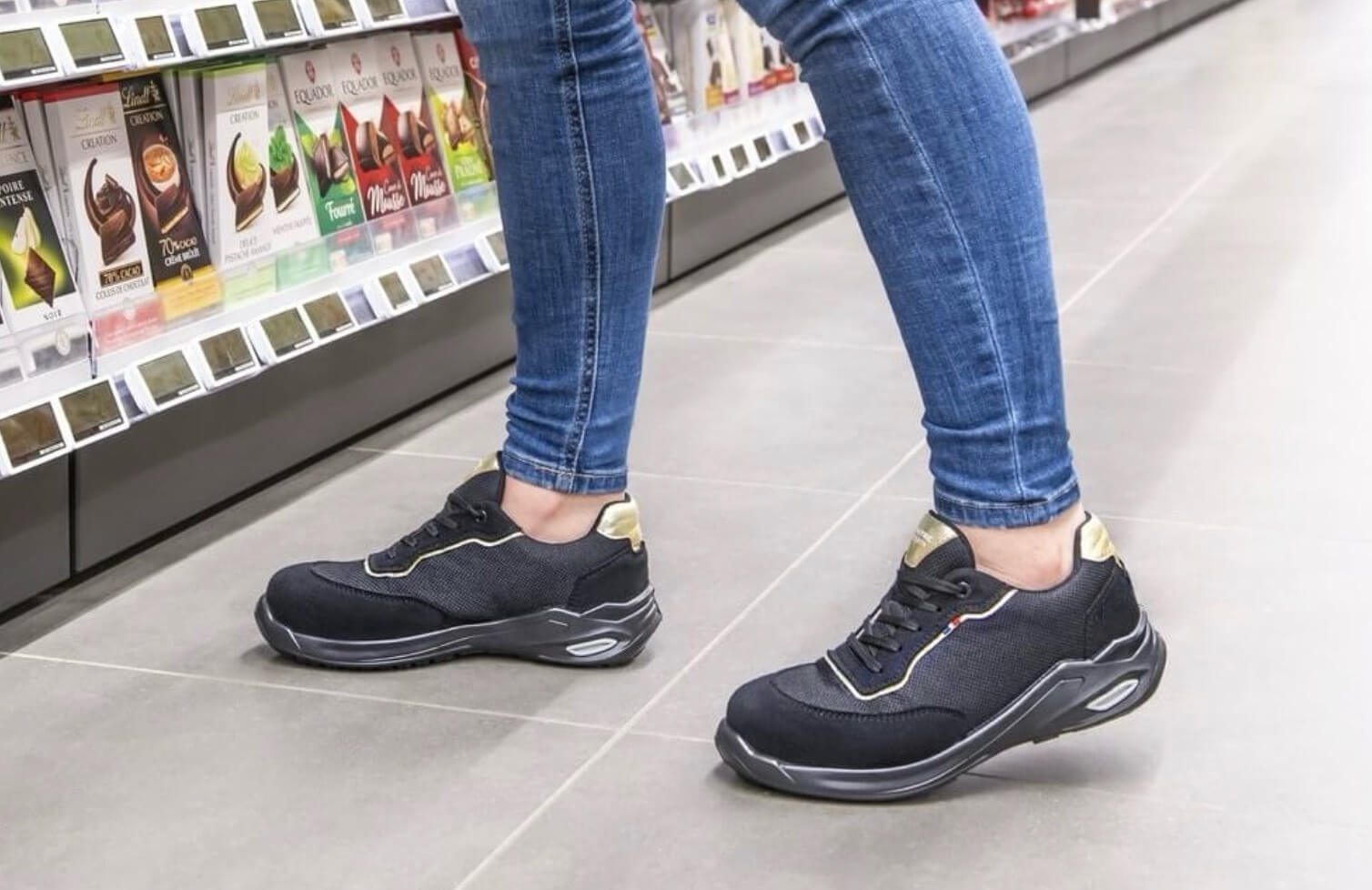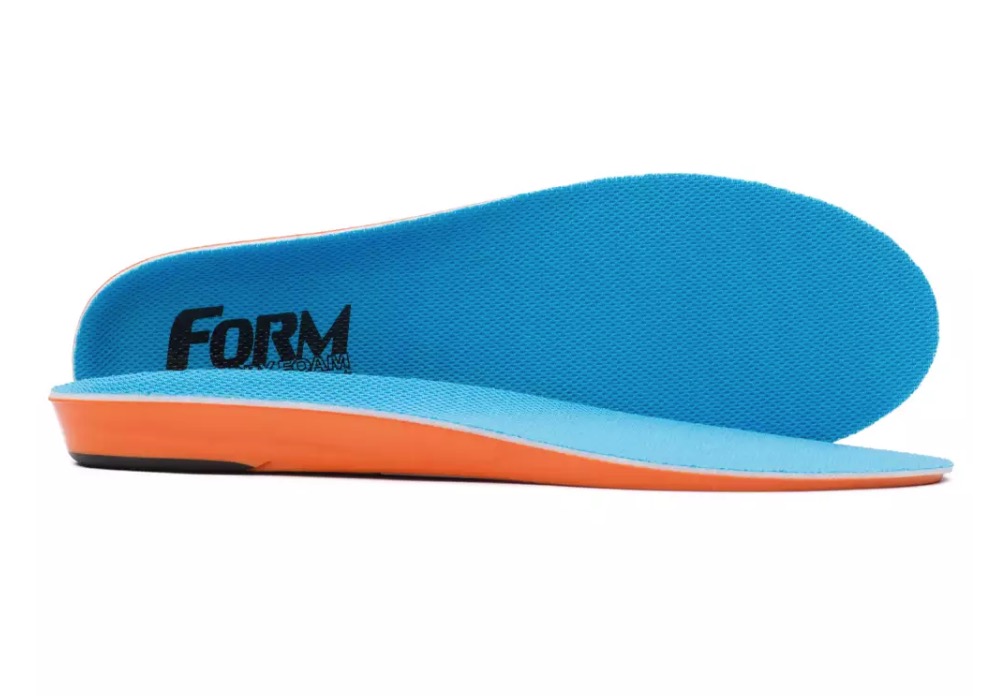Our team at Sourcing Solutions put this guide together. We have over 20 years of experience in China manufacturing and footwear sourcing.
Your Map to Finding a Shoe Manufacturer in China
We designed this guide to be your map. It’s a full breakdown of the process for finding, checking, and working with the right shoe manufacturers in China. This isn’t just a list. We want to give you real, useful advice from our experience. We help you build strong, lasting partnerships.
What is Most Important to Understand:
Use a Schedule: Before you start searching, write down your goals. Examine product specifics, set a quality benchmark, establish a minimum order, and identify materials.
Location is Key: Don’t search everywhere. Fujian is the place for sneaker manufacturers in China. Guangdong is best for fashion and leather shoe manufacturers.
Check Certifications: Quality is more than a promise. You must verify it. Look for official certifications like LWG for leather and GRS for recycled materials.
OEM vs. ODM: Know the difference. OEM means they build your unique design. ODM means you put your brand on their design.
Step 1: Know Exactly What You Want in a China Shoe Factory
Every great partnership starts with a clear goal. Finding a shoe manufacturer in China starts with one thing: you need a very detailed plan. This is more than just a product idea. It means thinking hard about your strategy for production size, quality, service, and materials.
1.1. Know Your Niche
China’s shoe industry is not monolithic; it is highly specialized. Every region and factory has its own areas of competency. Wenzhou, in Zhejiang Province, is another key production hub, world-renowned for its massive output of both men’s and women’s leather shoes. There are also producers who specialize in children’s shoes, boots, and safety shoes. You simply need to know where to look.
1.2. Your Order Size (MOQ) Matters
Your order size decides which factories will talk to you. China makes over 12 billion pairs of shoes a year. The huge factories work with big brands, but there is plenty of room for startups. Many factories offer low Minimum Order Quantities (MOQ shoes). You can often start production with just 500 pairs. Some factories, like AMC Shoes Factory, will even start with 300. Your job is to find the right balance between your order size and the factory’s MOQ to get the best price.
1.3. Match Quality to Your Price
You need to decide on your target quality and price. This helps you find the right factory. China’s quality control is much better now, but it can still be different from factory to factory. Many factories are built for speed and big orders. This might mean you need to have your own strict inspection plan. Good factories take quality control very seriously. They check everything, from raw materials to the final product.
1.4. OEM vs. ODM: What’s the Difference for Custom Shoes?
Chinese factories offer two main ways to work. You need to understand them to make private label shoes.
| Feature | Original Equipment Manufacturer (OEM) | Original Design Manufacturer (ODM) |
|---|---|---|
| The Idea | You provide a 100% unique design, and the factory builds it exclusively for you. | You select one of the factory’s existing shoe designs and add your logo and small modifications. |
| Best For | Brands with a unique vision and the resources to develop a new product from scratch. | New brands that want a faster and lower-cost way to get to market. |
| IP Ownership | The design is 100% yours. | The factory owns the base shoe design; you own your brand and any customizations you make. |
Many factories can help you with everything. They can handle design, finding materials, making samples, and shipping. Things move fast there. You can get a sample made in about two weeks.
1.5. Don’t Skip This: Materials and Certifications
Today, customers care where their shoes come from. This has changed everything. You must have firm standards for your materials and certifications. This also includes fair labor and making things in an ethical way.
1.5.1. Good Materials to Use:
Leather and Suede: Make sure it comes from a good place. A certification from the Leather Working Group (LWG) is important. It shows the leather was made responsibly.
Recycled Materials: The Global Recycled Standard (GRS) is key. It proves the product uses recycled materials and was made with fair labor.
Plant-Based Materials: This is a new and cool area. You can find materials made from sugarcane, seaweed, shrimp, pineapple leaves, and mushrooms.
1.5.2. Important Certifications to Look For:
These certifications are your proof of quality and ethics.
For the Planet & Materials: The Forest Stewardship Council (FSC) protects forests, and OEKO-TEX® checks for harmful chemicals.
For Quality & People: Look for ISO 9001, BSCI, and SEDEX.
1.5.3. What Else Makes a Factory Sustainable?
It’s not just about materials. It’s also about using less energy and water and reducing chemical waste. A good factory will be open about how they work and show you their certifications.
Your Next Steps: From Blueprint to Bestseller
A detailed plan is the blueprint, but a great manufacturing partner is the master builder who can construct that vision into a lasting reality. Selecting a partner who is just as passionate as you are about your specifications, quality, and design will be the most important decision you make.
This is where JINHUA transforms a plan into a reality.
For over two decades, from our home in the manufacturing heart of Wenzhou, we have been the trusted partner for brands around the world. We do not just make shoes; we create legacies. Our global design team is all about innovation and is here to help you set trends, not follow them. We make sure that your product is not only well-made but also commercially viable. Our seasoned QC team, with an average of 20 years of experience, are your eyes on the factory floor and will make sure that each pair is crafted to your exacting specifications.
Your vision is worth a manufacturing partner who will do everything to make it a success.
Got a project in mind? Let’s turn it into reality. Send your project details to our expert team by email to start the conversation.
📧 Email: sales@jinhuashoes.com
(You’ll get personalized expert feedback within 12 hours.)



